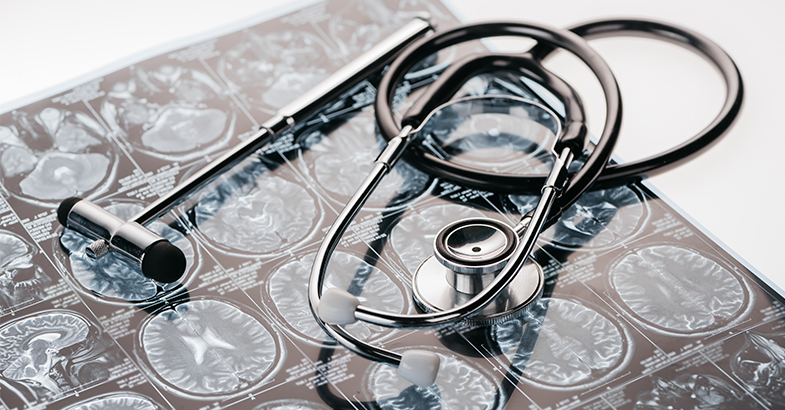
AMPH Discussion Circle Takeaways: The Role of AI in Diagnostic Accuracy in Healthcare
In the ever-evolving landscape of healthcare, Artificial Intelligence (AI) has found numerous applications. However, amidst the technological advancements, the essence of empathy, encouragement, and emotional support continues to be the domain of compassionate healthcare professionals. While AI holds promise in enhancing hospital administration, scheduling, and electronic medical records management, it also raises concerns regarding ethics, data privacy, and regulatory frameworks.
In the recent edition of AMPH Discussion Circle, Dr Alekya Singapore and Dr Pravin Vanchi from the AMPH Co 2024, invited experts and industry leaders to share their thoughts on the role of AI in diagnosis. This online discussion forum was hosted by Max Institute of Healthcare Management.
Key Takeaways:
- AI can analyse vast data and complex patterns that are sometimes invisible to humans. It can detect pathological and vital changes which leads to early detection of diseases like cancer, heart disease, and neurodegenerative disorders. Advanced image analytics can interpret complex medical images. These include X-rays, CT scans, and MRI images. Detecting abnormalities- tumours and fractures, faster than human radiologists save time for physicians.
- AI uses historical data to predict health risks. Algorithms can analyse a patient’s medical history, genetics, and lifestyle factors. AI can predict the risk of developing certain conditions, enabling preventative measures.
- Hospitals and pharmaceutical companies are increasingly using GenAI for clinical summaries. It uses electronic health records. It also uses medical literature review and customer sentiment analysis.
- AI thrives on variety: the more angles, the sharper the diagnosis. Data types necessary are images, genomics, medical records, and wearables but it requires extensive data to train models. Yet, it needs human intervention. Biases hidden within the data sets lead to unfair or inaccurate diagnoses.
- Hospital leaders must prioritise macro-level optimisation and integrate granular AI to maximise ROI. While AI in microdetails holds promising efficiency, diving too deep can strain investments.
- India grapples with a shortage of skilled workforce for the proper and rapid diagnosis. If leveraged, AI will address this challenge in cancer screening. However, over-dependency on AI tools may affect clinical acumen. Ethics, data privacy, and regulations shape how AI is used in diagnostics.
- AI and AR (augmented reality) enable surgeons to learn and perform complex surgeries. AI supports healthcare delivery and diagnostics in emergencies and trauma. It is supported by interpreting the cases based on patients’ previous history.
Moderated by the students of AMPH Co 2024, the Max Institute of Healthcare Management hosts the AMPH Discussion Circle thrice a year on LinkedIn page. Click here to go to this discussion thread.

